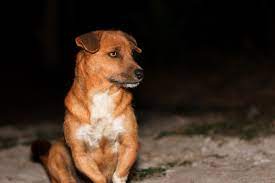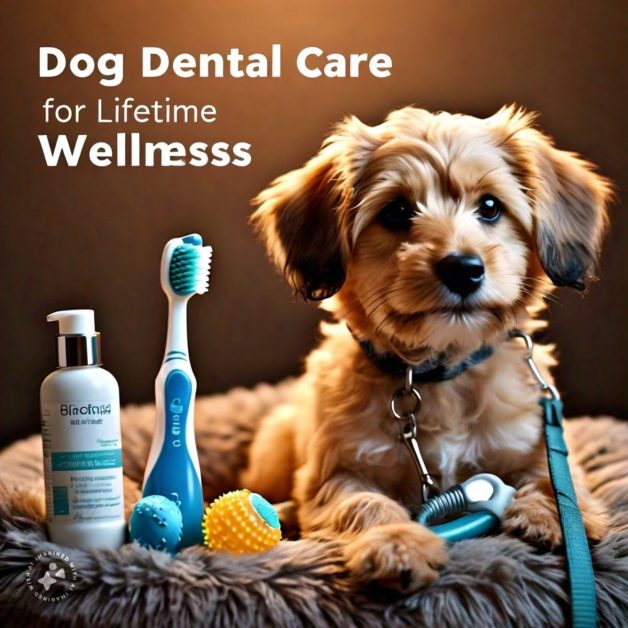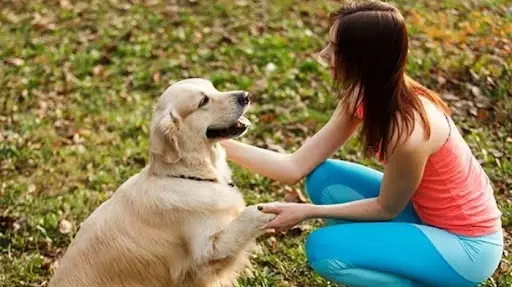Puppies are adorable and lovable creatures, but they can sometimes exhibit aggressive behavior, especially at night. If you’re a pet owner experiencing this issue, it’s essential to understand why puppies become aggressive at night and how to manage this behavior effectively. In this article, we will delve into the possible causes of nighttime aggression in puppies and provide you with practical tips and training techniques to address the issue.
Why do puppies become aggressive at night?
It’s important to note that puppies, like humans, undergo various developmental stages that can influence their behavior. While aggression in puppies may seem alarming, it’s crucial to distinguish between normal puppy behavior and actual aggression. Understanding the underlying causes and implementing appropriate strategies can help create a peaceful and harmonious environment for both you and your furry companion.
Understanding puppy behavior at Night
Normal behavior vs. aggression
Puppies naturally explore their surroundings, interact with their littermates, and learn important social skills during their early stages of life. Playful nipping, biting, and roughhousing are typical behaviors. However, when these behaviors escalate and become aggressive, it’s essential to intervene and address the issue promptly.
Developmental stages
Puppies go through critical developmental stages that shape their behavior. The socialization period, typically between 3 to 14 weeks of age, is crucial for them to learn appropriate social skills and develop resilience. Understanding these stages can help you better understand your puppy’s behavior and provide appropriate guidance and training.
Causes of nighttime aggression in puppies
Lack of exercise and mental stimulation
Puppies, especially high-energy breeds, require regular exercise to expend their energy and maintain a balanced state of mind. If your puppy doesn’t get enough physical activity or mental stimulation during the day, they may become restless and exhibit aggressive behavior at night.
Separation anxiety in puppies
Puppies are social animals and can experience separation anxiety when left alone, especially during the night. This anxiety can manifest as aggressive behavior, including excessive barking, destructive chewing, or even self-harm. Addressing separation anxiety is crucial to help your puppy feel more secure and relaxed.
Puppy Fear or phobias at night
Puppies, like humans, can develop fears or phobias due to traumatic experiences or lack of exposure to certain stimuli during their critical developmental stages. Fear-induced aggression can be displayed when puppies encounter triggers that cause them distress or anxiety.
Resource guarding
Resource guarding refers to a puppy’s aggressive behavior when they feel the need to protect their food, toys, or other valuable items. This behavior can escalate at night when the puppy perceives a potential threat to their resources.
Tips to manage nighttime aggression in Puppies
Establish a routine
Creating a consistent daily routine for your puppy is essential. This includes regular feeding times, exercise sessions, playtime, and designated sleep hours. By establishing a routine, your puppy will have a sense of structure and predictability, reducing anxiety and aggressive tendencies.
Provide physical and mental exercise
Ensuring your puppy gets sufficient physical exercise, such as walks or play sessions, can help drain their excess energy and promote a calmer state of mind. Additionally, engaging their minds through puzzle toys, obedience training, or interactive games can provide mental stimulation and prevent boredom-related aggression.
See also: Are Shar-Pei Dogs Aggressive?
Create a comfortable sleeping environment
A comfortable and secure sleeping area is crucial for your puppy’s well-being. Provide a cozy bed, blankets, and a quiet space away from distractions. Using a crate can also provide a safe den-like environment that promotes relaxation and reduces anxiety.
Address separation anxiety
If your puppy exhibits aggression due to separation anxiety, gradual desensitization and counterconditioning techniques can help alleviate their distress. Start by leaving them alone for short periods and gradually increase the duration. Positive reinforcement and rewards for calm behavior during these periods can help change their association with being alone.
Seek professional help if needed
If your puppy’s aggressive behavior persists or escalates despite your best efforts, it may be necessary to consult a professional dog trainer or behaviorist. They can assess the situation, provide expert guidance, and develop a customized training plan to address the specific needs of your puppy.
Training techniques for aggression management at Night
Training
Positive training is a highly effective technique to shape desired behavior in puppies. Rewarding good behavior with treats, praise, or playtime can help reinforce positive associations and discourage aggression.
Socialization and desensitization
Properly socializing your puppy from an early age is essential to prevent fear and aggression issues. Exposing them to various environments, people, and other animals in a controlled and positive manner can help them develop confidence and reduce the likelihood of aggressive behaviors.
Counterconditioning
Counterconditioning involves changing your puppy’s emotional response to certain triggers. By gradually exposing them to stimuli that elicit fear or aggression and pairing it with positive experiences, such as treats or play, you can help them develop more positive associations and reduce their aggressive responses.
Conclusion
Understanding why puppies become aggressive at night is crucial for managing this behavior effectively. By addressing the underlying causes and implementing appropriate strategies, such as providing exercise, creating a routine, and using positive reinforcement training techniques, you can help your puppy develop into a well-behaved and balanced adult dog. Remember, patience, consistency, and seeking professional help when needed are key to successfully managing nighttime aggression in puppies.
See also: Top 10 Indestructible Dog Toys for Aggressive Chewers
FAQs about Puppy Aggressive at Night
Here are the most FAQs about Puppy Aggression at night:
How long does it take to train a puppy not to be aggressive at night?
The time required to train a puppy out of nighttime aggression can vary depending on the individual puppy, their background, and the consistency of training. It can take anywhere from a few weeks to several months to see significant improvements.
Is aggression in puppies a sign of a behavioral problem?
Aggression in puppies can be a normal part of their development, but it’s essential to monitor and address it appropriately. If aggression persists, escalates, or becomes dangerous, it may indicate an underlying behavioral problem that requires professional intervention.
Can neutering or spaying help reduce nighttime aggression in puppies?
Neutering or spaying can sometimes help reduce aggressive behavior in puppies, especially if the aggression is hormone-driven. However, it is not a guaranteed solution, and other factors should also be addressed through training and behavior modification techniques.
Is it necessary to consult a professional trainer for puppy aggression?
Consulting a professional trainer or behaviorist is highly recommended if your puppy’s aggression persists or poses a risk to their well-being or the safety of others. They can provide expert guidance, develop a tailored training plan, and ensure the best possible outcome for you and your puppy.
Can aggression in puppies be completely eliminated?
With proper training, socialization, and behavior management, aggression in puppies can often be significantly reduced or eliminated. However, it’s essential to remember that each puppy is unique, and complete elimination of aggression may not be possible in all cases. The goal is to manage and minimize aggressive tendencies to ensure a safe and harmonious environment for everyone involved.




